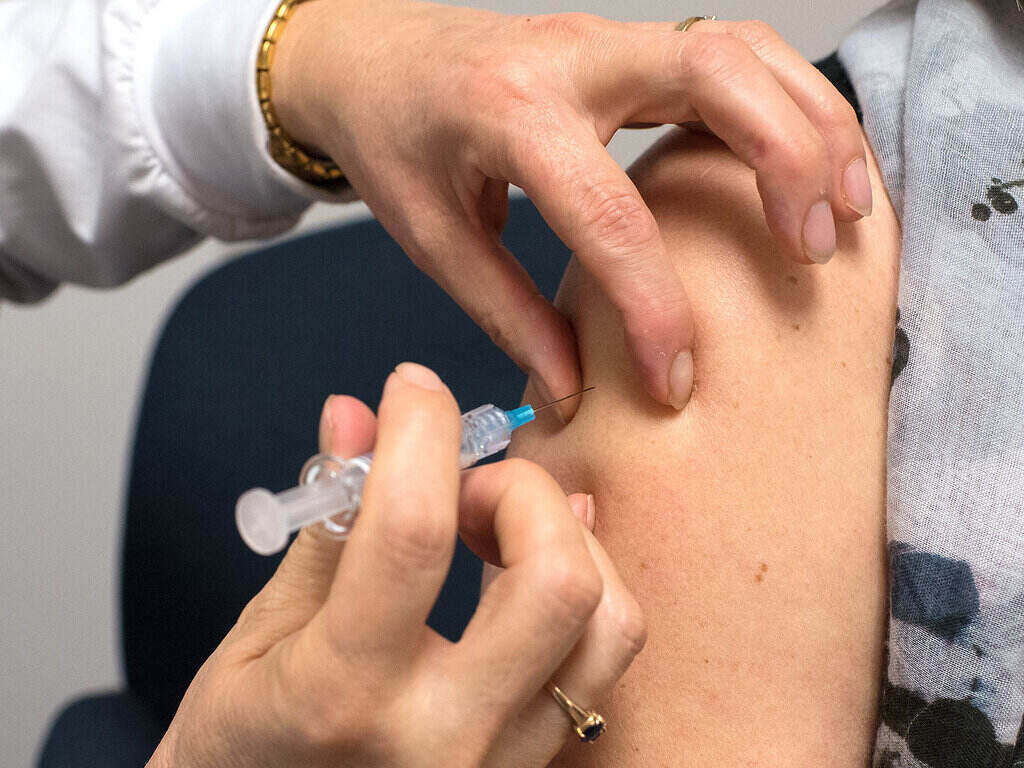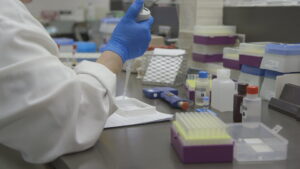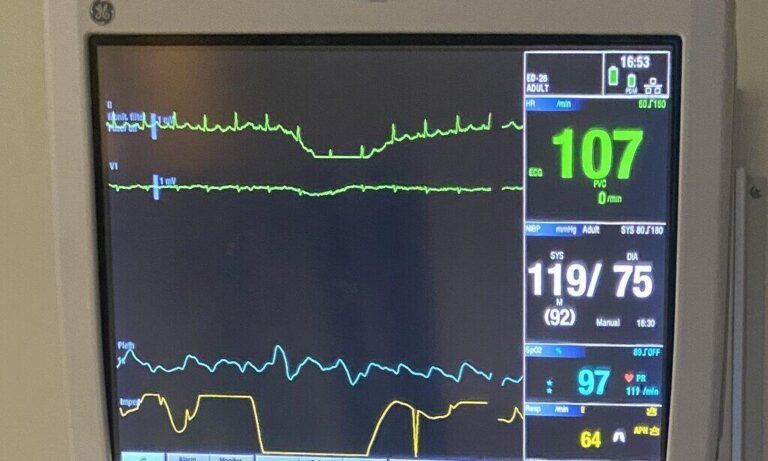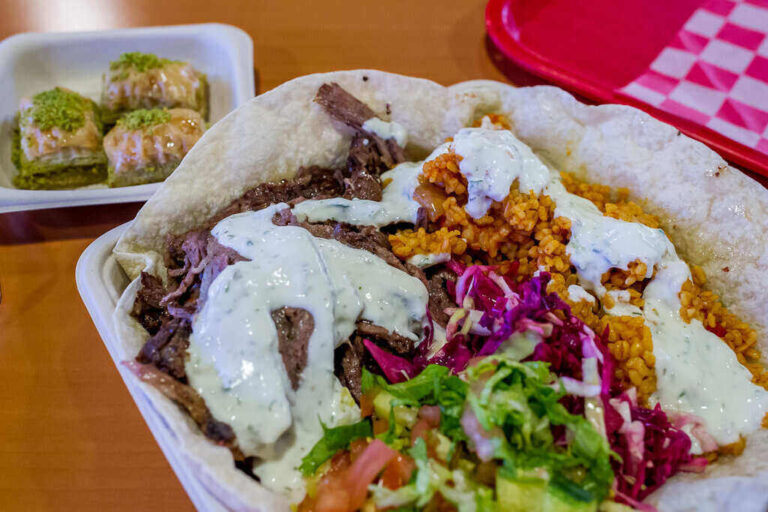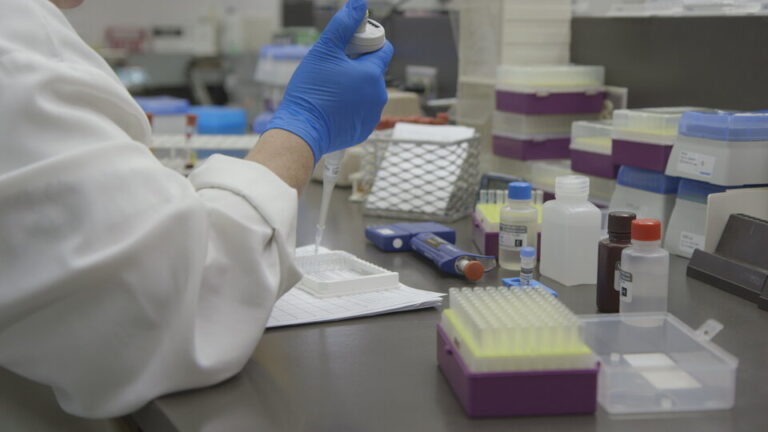In the United States, pediatric COVID-19 cases have increased nearly 240 percent since July, emphasizing the need for young children to be vaccinated. Pfizer-BioNTech reports a Phase 2/3 trial revealed its two-dose COVID-19 vaccine was safe and produced a vigorous neutralizing antibody response in children ages 5 to 11 on Monday, Sept. 20, 2021. The company plans to submit its findings to the Federal Drug Administration (FDA) to secure an emergency use authorization (EUA), which could take at least 4-6 weeks.
Health experts at the American Academy of Pediatrics (AAP) fully support vaccinations for those 5 to 11; the academy urges the FDA approve vaccines for this age group.
Data from the trial, which included more than 2,200 children, shows this age group tolerated the vaccine. The youngsters were given two 10-microgram doses — one-third of the dose given those over 12.
Several doctors were asked this or a version of the following question by assorted journalists:
If an 11-year-old is as big as a 12-year-old should they wait until they are older to be vaccinated?
Each doctor said it was not prudent to wait, given the current spike in COVID-19 Delta variant cases in the United States. Moreover, they explained, vaccines work differently than medications. In many cases, different age groups can receive the exact vaccine dosage. British Columbia’s immunization website clarifies the difference:
For a vaccine to be effective, the cells of the immune system are important. Immune cells, called T cells and B cells, must be able to recognize the component of the vaccine, so that if a person comes into contact with that virus or bacteria again, these educated cells can become active and protect the person from an infection. Since these cells are throughout the body, they are usually educated near where the vaccine is given and then the cells, not the vaccines, travel throughout the body. Because of the way that vaccines work, they typically require very low quantities of active ingredients.
Vaccine Hesitant Adults Not Likely to Vaccinate Their Children

Health experts continually remind Americans that vaccinations are necessary to reduce the spread of the virus.
Nonetheless, as of September 20, only 55.3 percent of the population is fully vaccinated — two Pfizer or Moderna or one Johnson & Johnson. If a parent chooses not to get the shots, it is doubtful they will have their children vaccinated.
Point-0f-fact, adolescents 12 to 15 years old have been eligible for the Pfizer COVID-19 vaccine since May 10, yet only 48 percent of them are fully vaccinated. In addition, most youth cannot obtain medical care without parental consent.
CNN reports that only 26 percent of parents will get their children, ages 5-11, vaccinated. Another 40 percent want to wait and see how well the vaccine works and its safety, nine percent only if reqiured, and a whopping 25 percent will not have their children injected.
Dr. Leana Wen, a former Baltimore Health Commissioner, advises parents to talk to their child’s doctor if they are concerned. And Dr. Ofer Levy from Boston Children’s Hospital reminds parents that Pfizer’s report is optimistic. He feels the FDA will approve the EUA the company seeks.
COVID-19 is not going away anytime soon, and the variants, especially Delta, are more contagious and deadly. Over one million children have tested positive since July when some returned to classrooms, reports the AAP and the Children’s Hospital Association.
Until the vaccine for kids 5 to 11 years old is approved, the AAP highly recommends every eligible person 12 and older be vaccinated to help protect those who cannot — immunocompromised and children under 12.
Vaccines are free of cost for everyone regardless of their insurance or immigration status.
Written by Cathy Milne-Ware
Sources:
CNN: Covid-19 vaccine for 5- to 11-year-olds is safe and shows ‘robust’ antibody response, Pfizer says; by Amanda Sealy
NBC News: Pfizer says its Covid vaccine is safe and effective for children ages 5 to 11; by Rechel Elbaum
ABC News: Pfizer says COVID-19 vaccine safe, effective for kids 5-11: What parents should know; by Katie Kindelan
Immunize BC: Frequently Asked Questions (Does an adult get the same amount of vaccine than a baby? how do you decide how much to give if not by weight? if a child is underweight would waiting make more sense?)
Featured and Top Image Courtesy of Government of Prince Edward Island’s Flickr Page – Creative Commons License
Inset Image Courtesy of Bennilover’s Flickr Page – Creative Commons License

